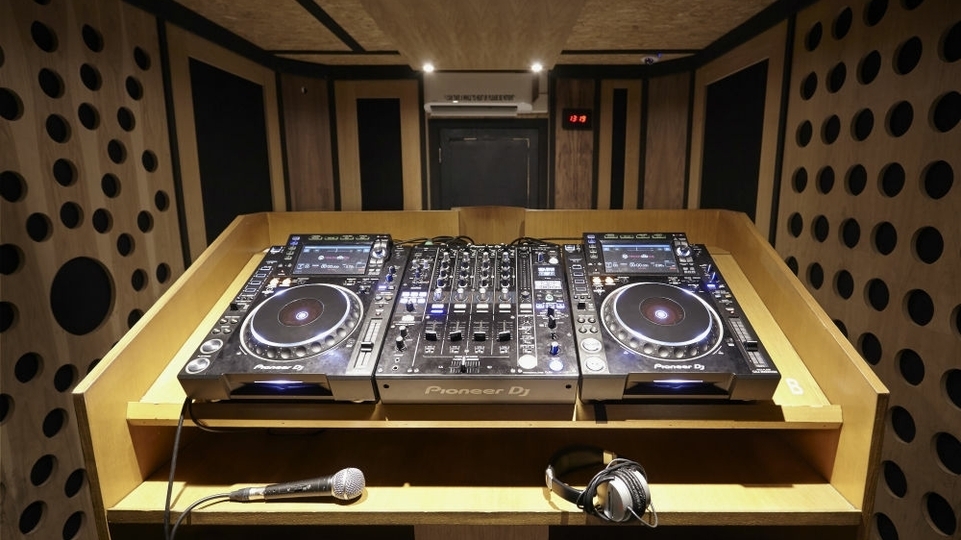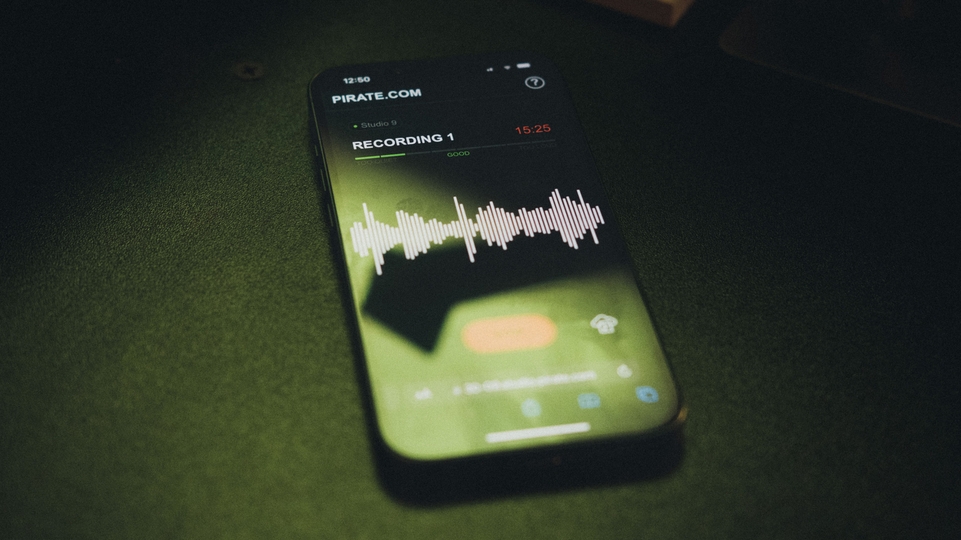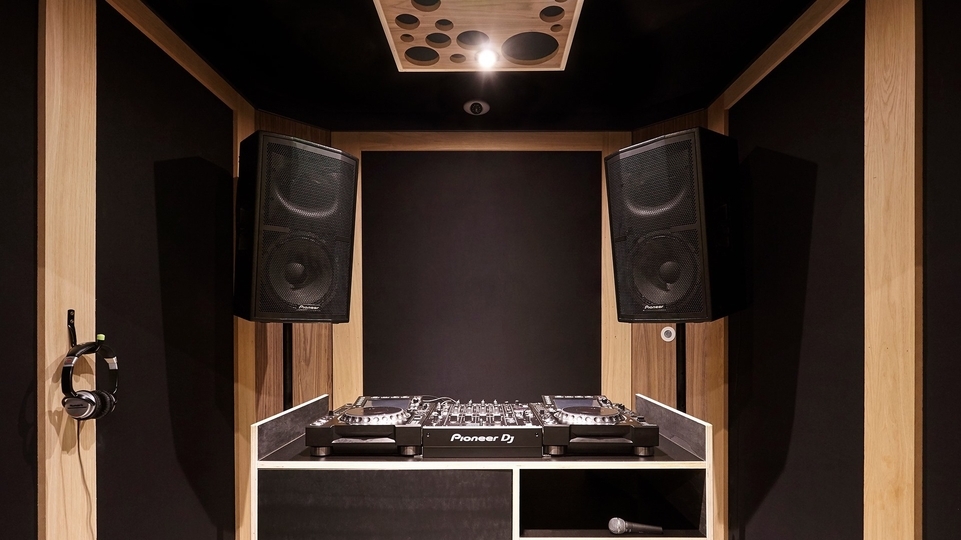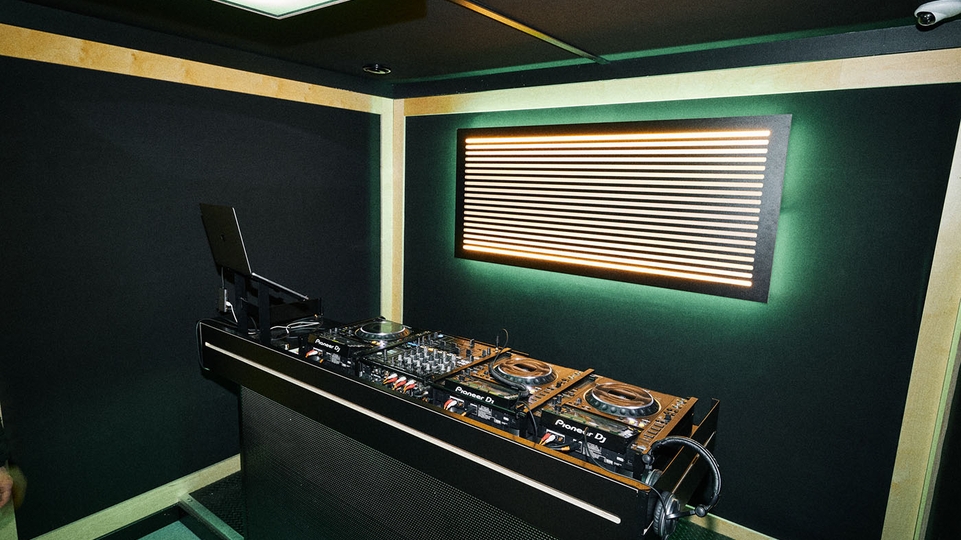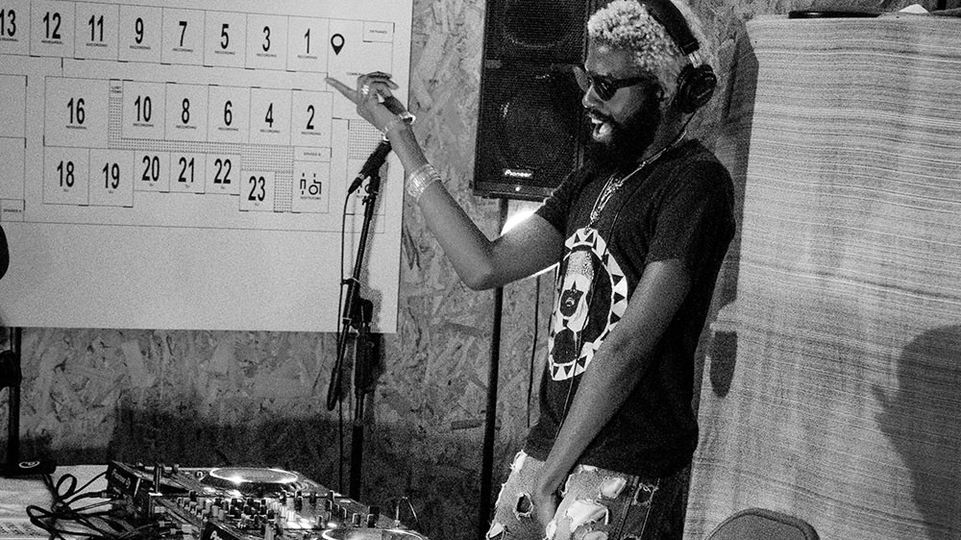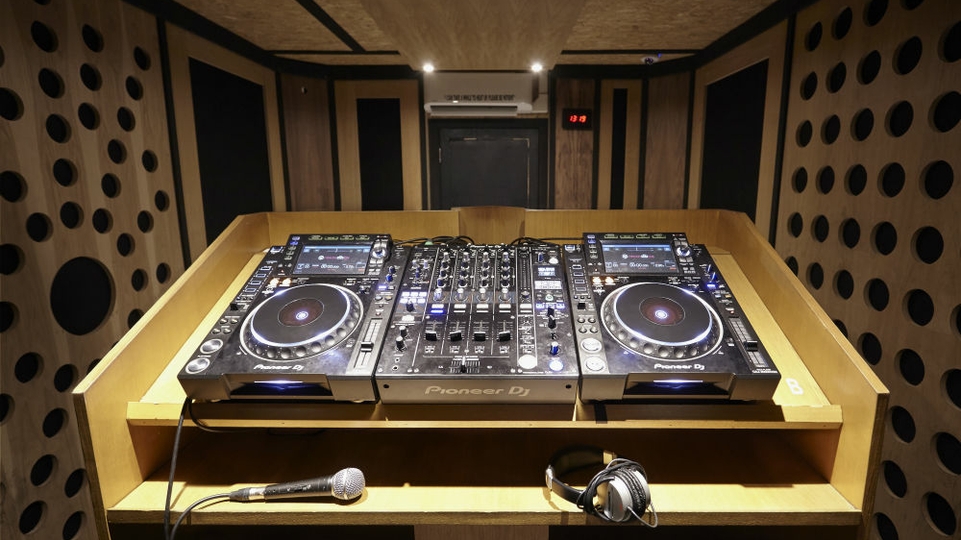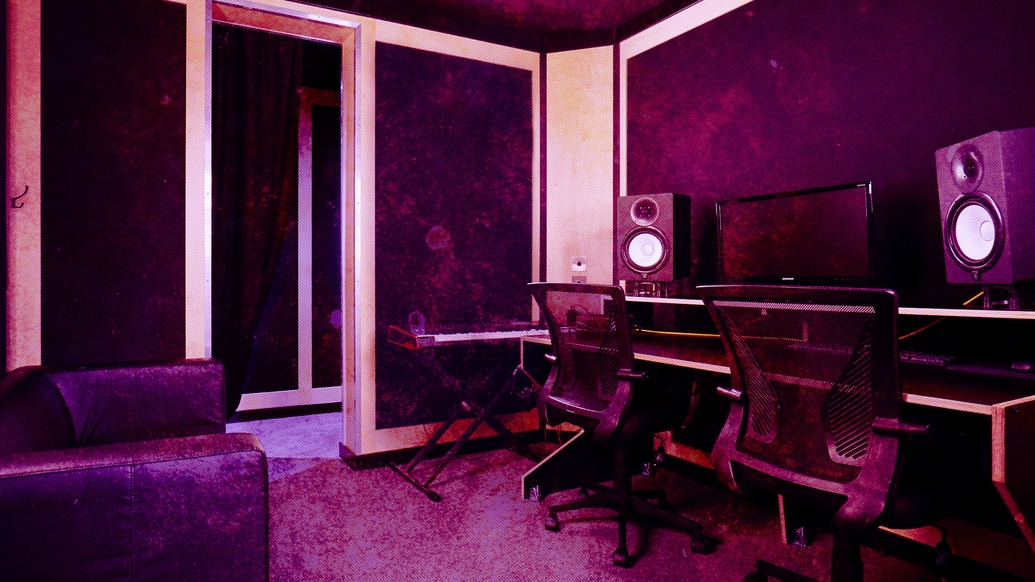
Pirate studios are building a sustainable future for artists in uncertain times
Pirate Studios has given thousands of young producers and musicians affordable access to recording and DJ studios, encouraging collaborations, community and creativity. As an uncertain road for the industry looms, here’s how they’re building a better future for creatives
Since 2010, the UK has seen a decimation of local authority culture and arts budgets, with almost £400m being stripped out of annual spending since 2010. These cuts took place before the coronavirus pandemic further wiped the arts of its income and audience. Clubs have seen their doors shut indefinitely, with a real risk of an irreversible crisis for clubbing culture and the wider industry.
As it stands, UK government support and solutions are few and far between, with MPs having recently stated it “makes no sense” to support nightlife. The result is an uncertain future for electronic music as a whole that, coupled with a decade of cuts to the arts, could lead to a standstill for both established artists whose creative facilities are closing and new talent that can’t access the resources and equipment they need to develop. It’s a concern echoed by Simon Doherty in his piece for DJ Mag back in August: “Knocking out the first rung on the ladder means there’s no route into the industry.” Organisations like the Young Urban Arts Foundation are doing great work taking project studios on the road to disadvantaged young people, but their efforts have been heavily restricted due to COVID.
One of the companies providing a potential solution is Pirate Studios. It’s grown to become an affordable refuge for DJs, music makers, podcasters and performers all over the world. Founded in Bristol in 2014 by David Borrie, Mikey Hammerton, Matus Maar and Sammi Alani, Pirate Studios — now rebranded simply as Pirate — is a network of affordable 24-hour studio spaces for DJs, producers, musicians, podcasters, dancers and vocalists. It’s important to point out that Pirate is an independent corporation rather than a charity or foundation, with its own business interests and bottom lines — it also received significant private investment in 2018. But by both nature and design, it’s found itself at the core of collectives, collabs and creativity that have put it in a unique position as the creative industries remain in limbo.
“Our outreach originally started in Bristol, [co-founders, David] Borrie or Mikey [Hammerton] had been put in contact with a charity that was looking after disadvantaged youths — people who could do with some time being creative,” explains Pirate’s Head of Brand Christopher Ullyat. “I think we all know that being creative is something we could really do with to help some of the terrible situations we’re in. It seems utterly bizarre that local authorities — although it’s not down to them, it’s government funding — aren’t gonna be supporting [the arts] anymore. You wonder what the plan was long-term if you’re gonna cut these industries. I feel it’s really important that Pirate fills that gap, cause I don’t think there’s anyone else to do it.”
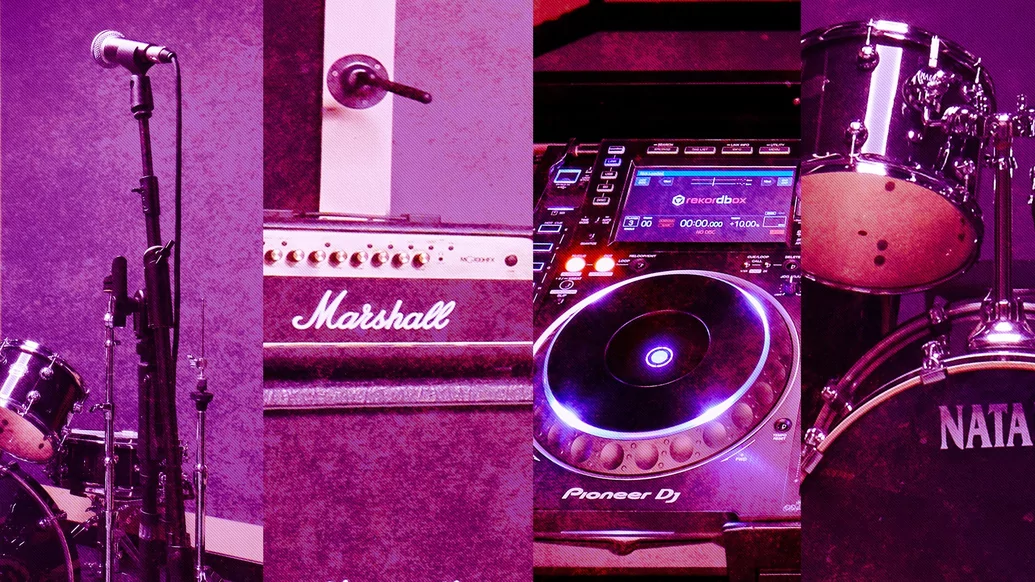

“There are some amazing stories of mums who get up at three in the morning to come to Pirate and get back in time to walk the dog and take the kids to school"
Pirate has over 400 individual studios worldwide, including seven facilities London alone — with two more on the way — including a newly opened facility in Dalston. Prices are low; access to the industry-standard CDJ setup — two 2000nxs2 players and a DJM-900nxs2 mixer — can be yours for an hour for only £6 during off-peak hours, rising to £11 during peak.
The spaces are treated acoustically, installed with aircon and feature customisable coloured LED lighting to create the right atmosphere for recording your mix or simply cranking the speakers and lowering the lights, re-creating a dark club basement vibe to practice in. For producers, acoustically-treated studios — some with dedicated vocal booths — can be yours starting at £8 an hour, fitted with MIDI keyboards, audio interfaces, computer monitors and studio speakers, all included in the price.
For podcasters, studios with four broadcast microphones, headphones and a dedicated podcasting mixer can be booked for £20 an hour, allowing a professionally produced podcast to be recorded for the price of a round of drinks.
Prices vary depending on what you need but the outlay is significantly less than what was on offer to creatives in the past. And while the equipment might be more stripped back than a pro studio hire, as plugin technology improves and more producers migrate to ‘the box’, for many, all you need is a good-sounding room and some good speakers to finalise a mix you can’t finish at home.
For many DJs, especially beginners, their only time to practice on CDJs, that cost almost five grand for the industry-standard set, is when they’re already DJing in front of a crowd. Pirate provides affordable access to the same kit they can expect in most booths around the world. Some studios are also equipped with OpenLIVE, an Australian start-up service that can automatically record your rehearsal, set or practice and upload it to the cloud, and even ‘master’ it with AI technology, so you can download your recording as soon as you get home — this is available at no extra charge.
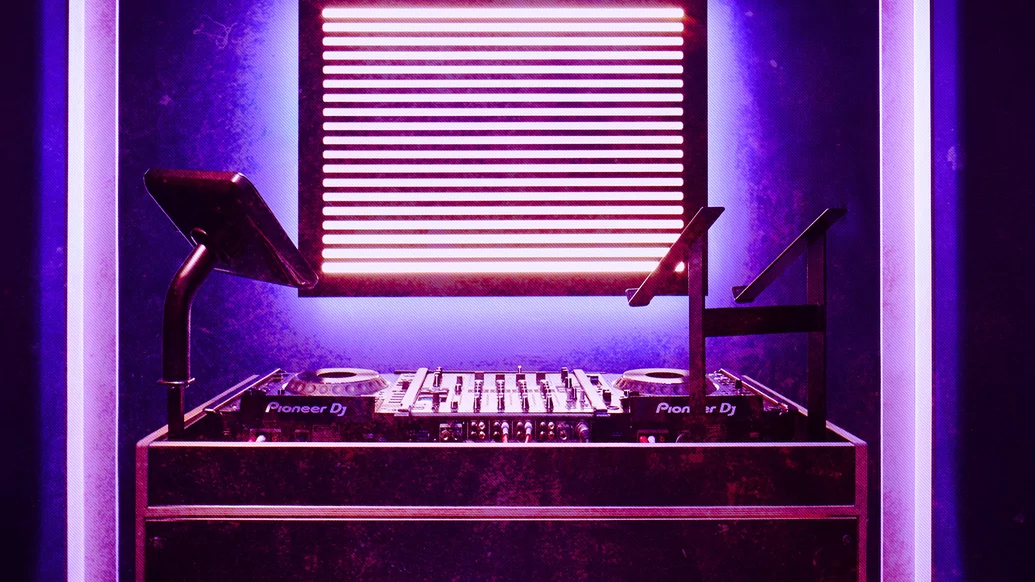

"I’ve met up with so many DJ friends at Pirate for little b2b sessions and also ended up in a bunch of impromptu sessions"
Prices are kept low by offering the studios round the clock. “We saw an opportunity to make studios more affordable for people, simply by being open all the time,” says Pirate co-founder David Borrie. “This had the added benefit of giving artists better accessibility, letting them use the studios at the times that suited them. Since then we've just tried to identify the types of studios artists need and build them, trying where we can to break down any barriers to creativity we see.”
The low barrier to entry, as well as the self-service nature of Pirate — users are sent a code for the doors once they book a space, and there is no reception staff — has meant beginners who may otherwise have been too intimidated or priced out of traditional studio spaces, can build their confidence in the booth and studio. It’s resulted in a collaborative atmosphere, where community is at the heart of what Pirate do.
“There are some amazing stories of mums who get up at three in the morning to come to Pirate and use the studio and get back in time to walk the dog and take the kids to school,” says Ullyat.
“It’s a buzz too, getting on a club standard equipment,” he continues, “with some hench speakers, and just turning it as loud as you want. In London or any built-up city, it’s very rare you’re gonna get that opportunity to turn up the music. It’s a major thing, and it’s a big release. And at the moment, you can’t go out, you can’t go to festivals, you can’t go to the clubs; hearing music loud, it has benefits — it obviously has detrimental effects too and we try and make sure people wear earplugs [provided for free by Pirate] — but I fully believe in it.”
Saint Ludo is a London-based DJ who mixes a wide variety of genres, mainly a blend of rap and club-focused music. She is also the co-director of the collective and record label Femme Culture, which champions women in the arts and supports the LGBTQIA+ community, and a regular user of Pirate. “Before Pirate, I would ask DJ friends to use their decks at their home studio or I would try and hop on decks at any informal party,” she explained. “Like many others must’ve felt, it was super intimidating to practice DJing, especially as a beginner, in front of other people, so through Pirate I got a chance to practice privately and at my own pace.”
In doing so, the sense of community and collaboration championed and encouraged by Pirate began to take hold. “That’s one of the sickest things of Pirate, it’s like a link up space for DJs. I’ve met up with so many DJ friends at Pirate for little b2b sessions and also ended up in a bunch of impromptu sessions as I would be at one of the locations, would bump into someone, and then it would turn into a b2b2b2b session.”
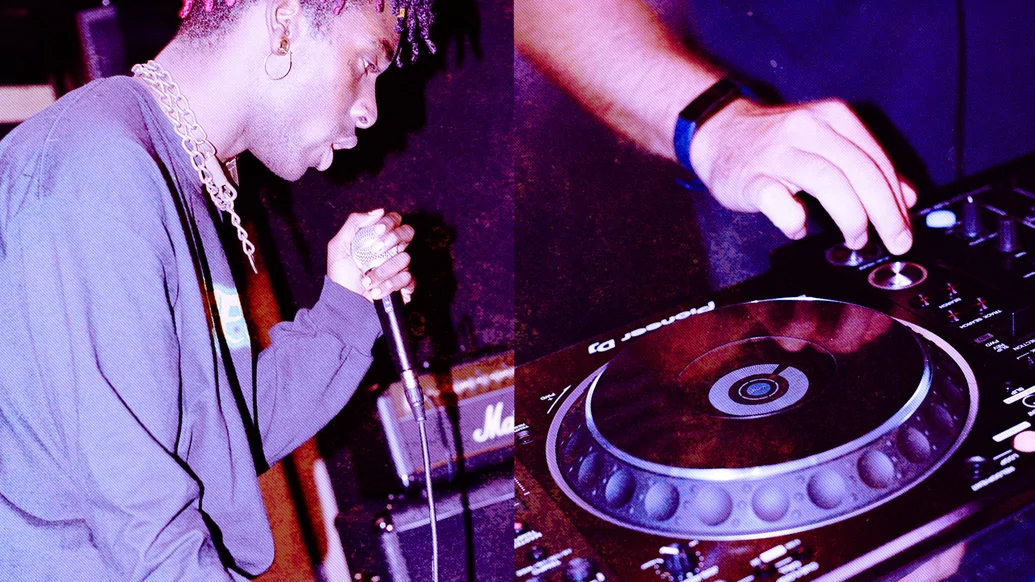

That community has been particularly affected by COVID-19 and the closures of clubs, as well as restrictions on gatherings and other social events. Not only that but loss of income for musicians and producers means many have had to give up their existing private studios. For those who are comfortable enough to visit a studio complex — Pirate provides daily professional deep cleans and sanitising products for desks and kit — they’re encouraged to continue to use the facilities. "We’ve got the space, we want people to use it. If it means they can keep on doing what they’re doing by using our gear — it might not be the quality they were used to before, but you can bring your own stuff too. The speakers and the sound treatment are here.”
For those who don’t feel comfortable travelling to Pirate, Borrie explains their focus has simultaneously shifted to online communities. “Similar to most companies during this pandemic, our focus is very much switching to digital and how we can create spaces for artists online as well as the physical studios. There's a growing hunger amongst our community to get connected with others using our studios around the world. So for us, having space online for artists to share their creativity with each other, as well as connect and collaborate, is key to how we keep creativity flowing whilst the world adjusts to the new normal.”
While the wider impacts of COVID are still being determined, one certainty is that creative industries will be among the most affected. As musicians, DJs, producers and performers continue to be locked out of an income, it’s inevitable that what is left of studios and facilities will continue to suffer. Pirate believe their combination of community-driven ethos with affordability and accessibility can help those who crave creative escapism, now more than ever.
“We all love music. We all believe creativity is the way forward, we’re all musicians ourselves,” says Ullyat. “As long as we can keep the prices low and as long as we’re open to all, I think it’s a good opportunity now with COVID — we want this place to be a melting pot. Ideally, this would be the place that collaboration happens because you get access to so many different types of people. Relatively amateur producer hears some vocalist and knocks on the door; you never know what could happen.”
Visit Pirate.com here to find out more
